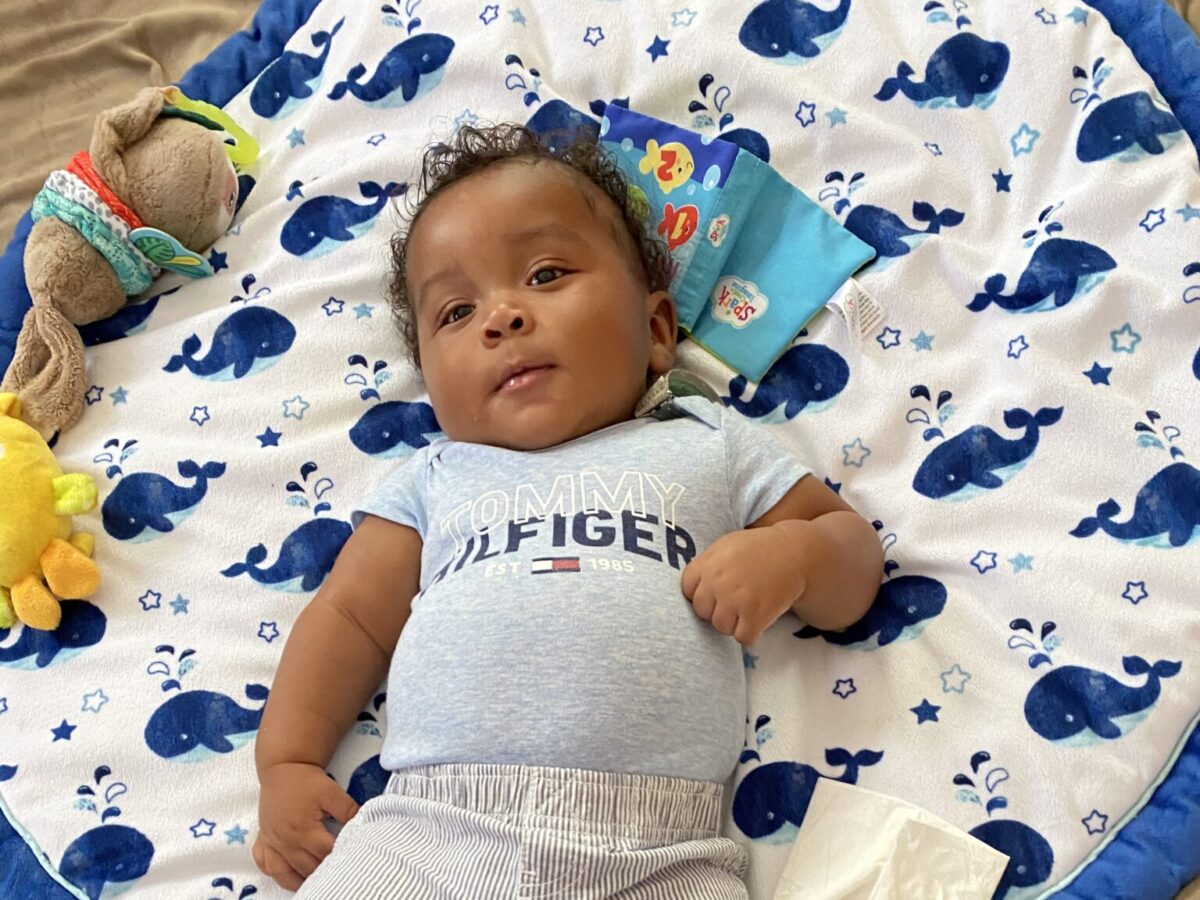
|
|
When I began my journey into the profession of child care in 1997, it was my goal to educate and to provide quality care for young children, all while guiding their development. This was in an effort to ensure that the children under my care would be well prepared for kindergarten as they transitioned to school. As I reflect back on the dozens of families and children that my family child care has impacted over the decades, I feel that I have accomplished this goal based on the parent feedback of my former typically-developing students.
But there are some students whose school readiness I wonder about. There were times when a child seemed to struggle to learn, communicate, problem solve, or thrive in general, yet I could not pinpoint why. I observed the children, took notes, and provided progress reports on the child’s behavior and development, but I did not universally screen and assess my children for delays, as this method of evaluating a child’s development was not required or promoted when I began my family child care business years ago — and still is not required today.
Implementing screening and assessment
It was not until recently that I became aware of the importance of screening and assessing a child’s development, as I decided to pursue a master’s degree in birth-to-kindergarten education. While enrolled in school, learning about the importance of screening and assessing, I suspected that one of my students (who was one year old at the time) was delayed.
As one of my assignments was to screen a child, I choose this particular little girl. Based on the results of the screening and my observations, I recommended that her mother to have her further evaluated. Ultimately, the child was found to need occupational therapy and placed on an Individualized Family Service Plan (IFSP) that eventually evolved into an Individualized Educational Plan (IEP). This child currently receives intervention services once a week at my child care program and was recently diagnosed as having autism.
The journey has been long as it relates to where the child’s development was and where she currently is. I have seen remarkable strides in her development related to her communication and emotions. As this child transitions to kindergarten this year, I shudder to think about where her development would be if it had not been for the screening and assessments that ultimately led to early intervention services.
Through formal education and in my pursuit to truly be an early child care professional educator, I now know that early childhood screening and assessing a child’s development is critical to ensure developmentally appropriate practices, to inform the various early interventions that may be needed, and to put the child in a position to be successful in school — and throughout their life.
The role of family child care professionals
Family child care professionals are at an advantage when it comes to screening and assessing children, as many families enroll their little ones as infants and children often remain enrolled until they transition to school. It is because of the familial and organic nature of being able to care for a child for many years beginning from infancy — in a familiar environment with a single provider — that makes it easier for family child care professionals to pick up on delays. We can universally screen and assess those children during the first few years of life when their brains are rapidly developing and when early intervention can make the most difference in a child’s future outcomes.
Sometimes I wonder why there isn’t more of an emphasis on screening and assessing in family child care. Perhaps screening and assessing in a family child care home seems daunting. But we are the ideal people to notice delays in children. The relationship and bonds between the family child care educator, children and their families, along with knowing the capabilities of our students, makes this process easier.
Screening and assessment resources
There are several valid and reliable tools available for early childhood educators, such as the Ages and Stages Questionnaire (ASQ) that is used for screening children from ages 2 months to 60 months. After a delay has been diagnosed, the Assessment, Evaluation and Programing System (AEPS) for infants and children can be utilized to assess the degree of the developmental delay, to plan curriculum, and to evaluate the child’s progress along the way within the various developmental domains.
With the knowledge that a child’s brain grows rapidly between the ages of 0 to 3 — with 80% of the brain being developed during this time — family child care professionals are in a great position to organically screen and assess children within a familiar environment that is relevant to the child. This is an effort to refer or provide early intervention services and/or developmentally appropriate activities that can give the child an opportunity to be successful in school and in life. Because all children deserve a chance to live up to their potential.

